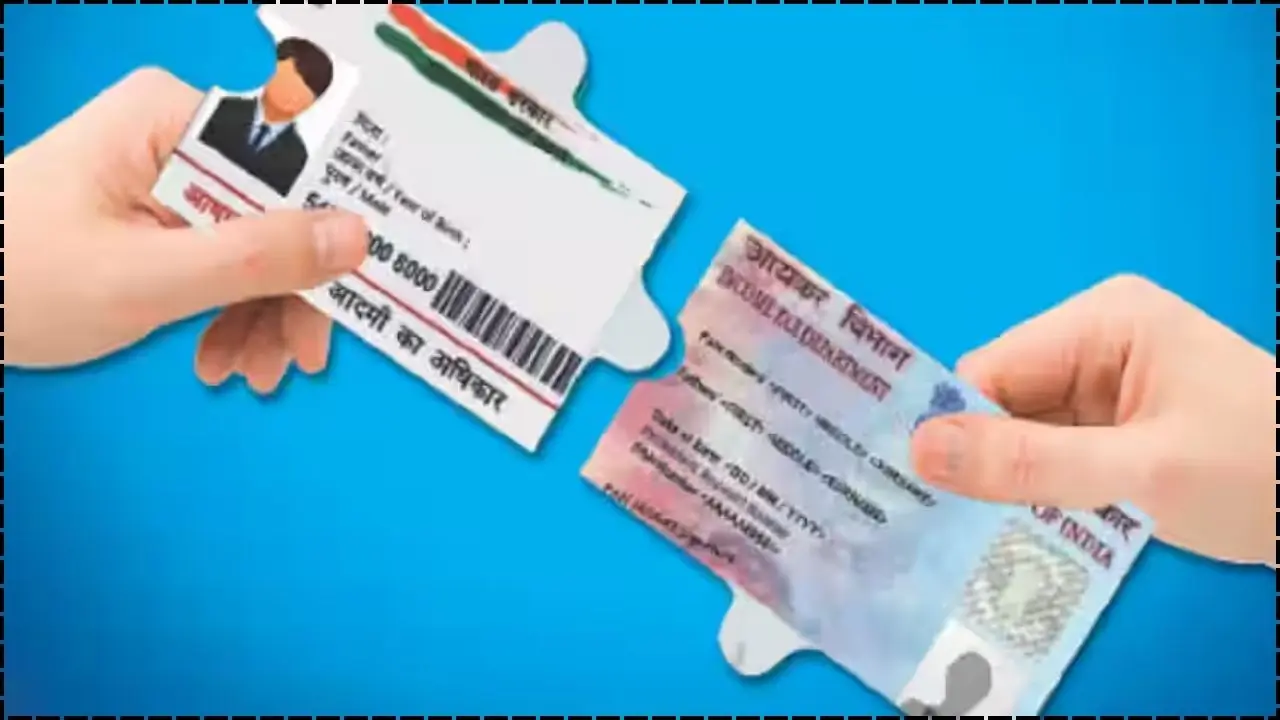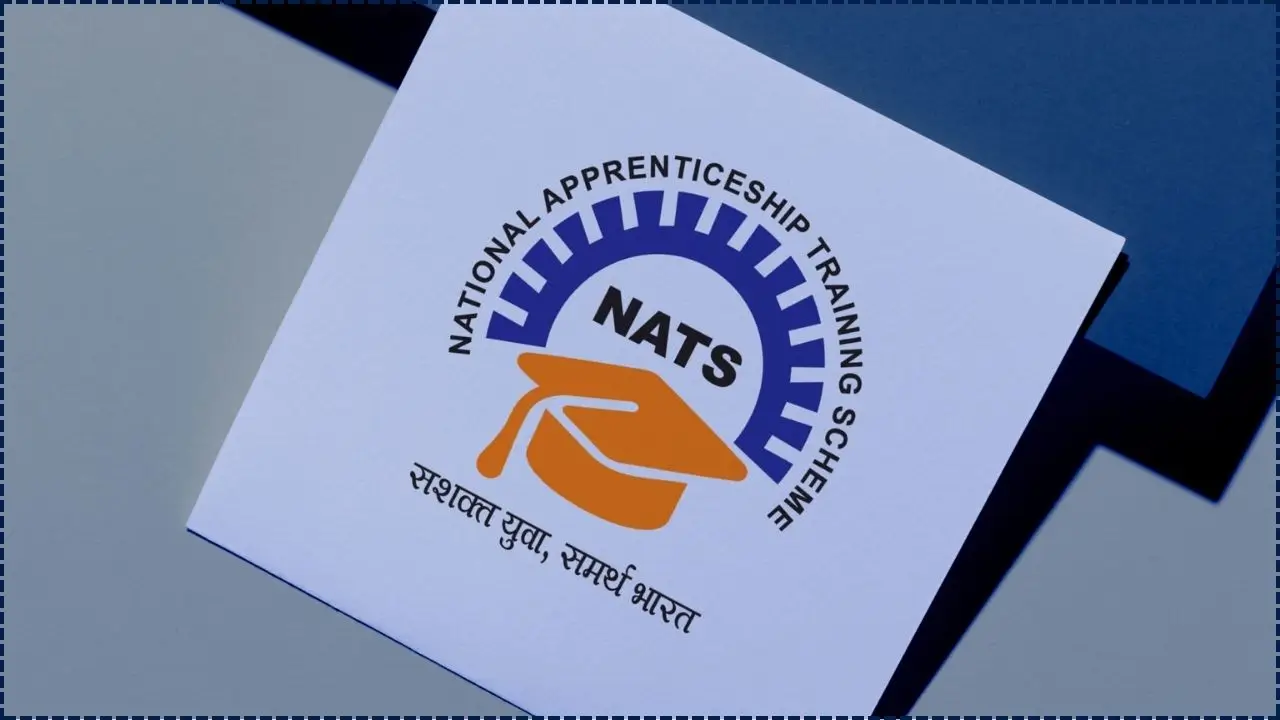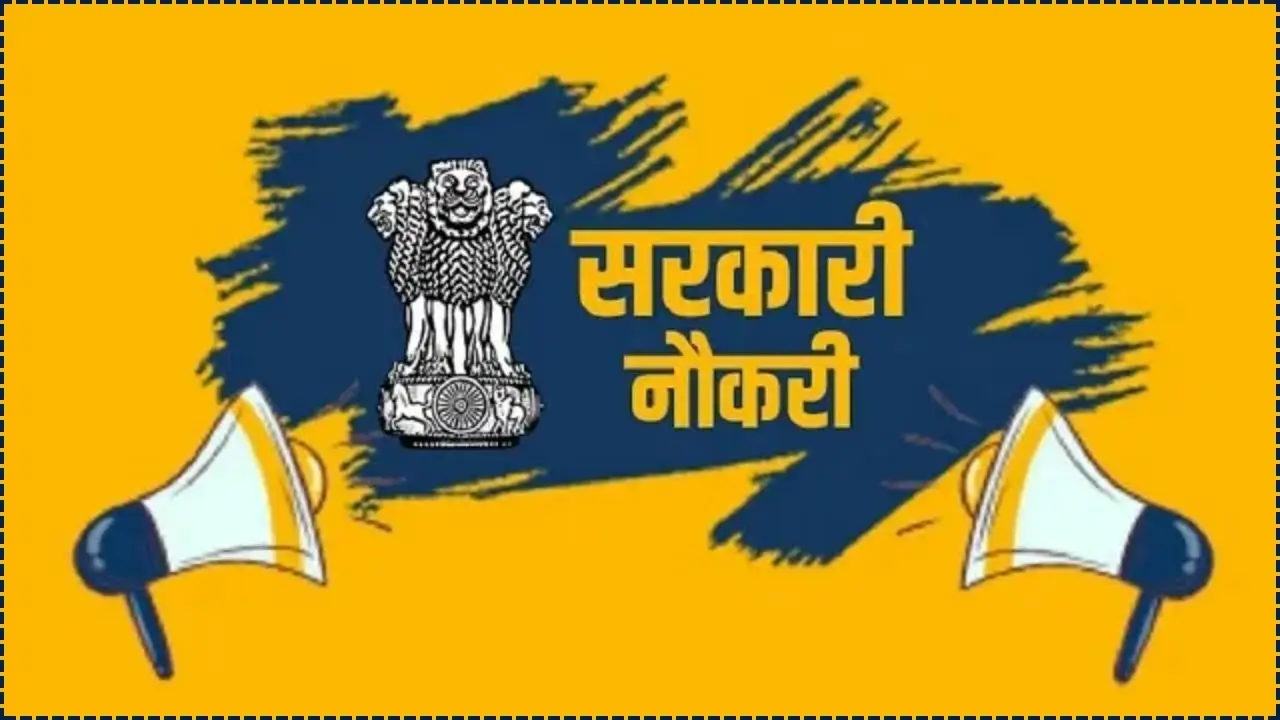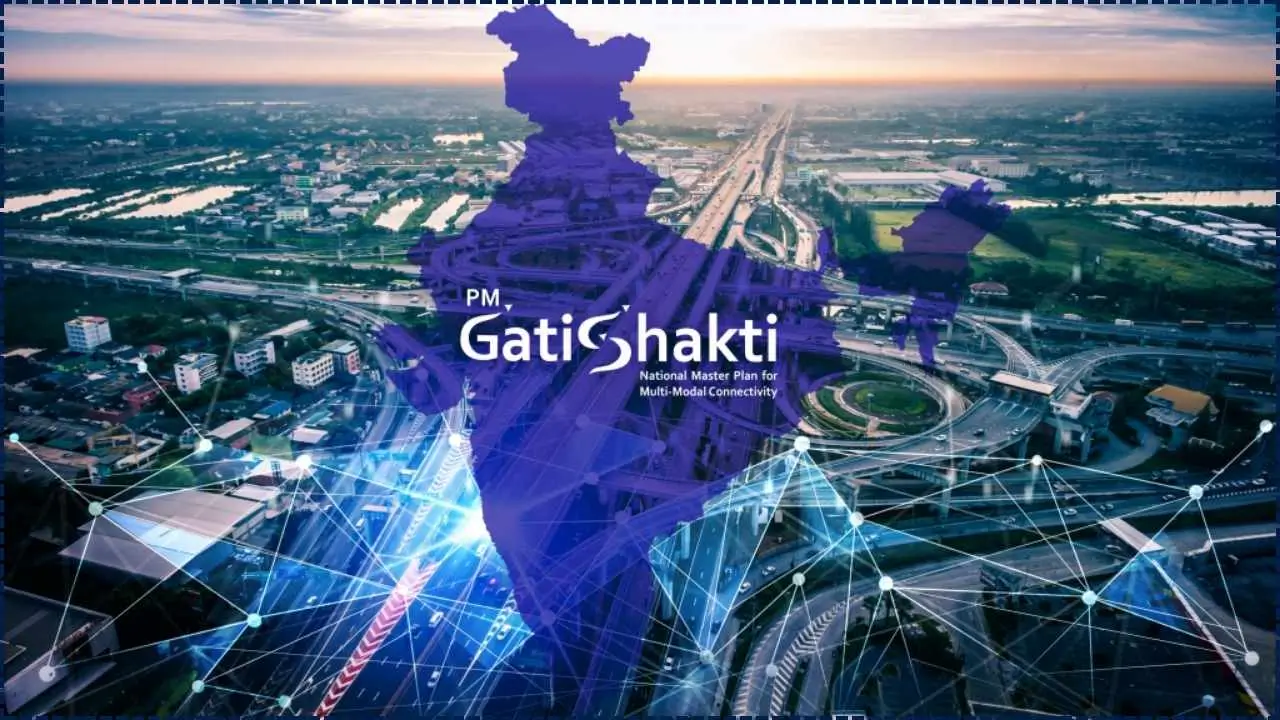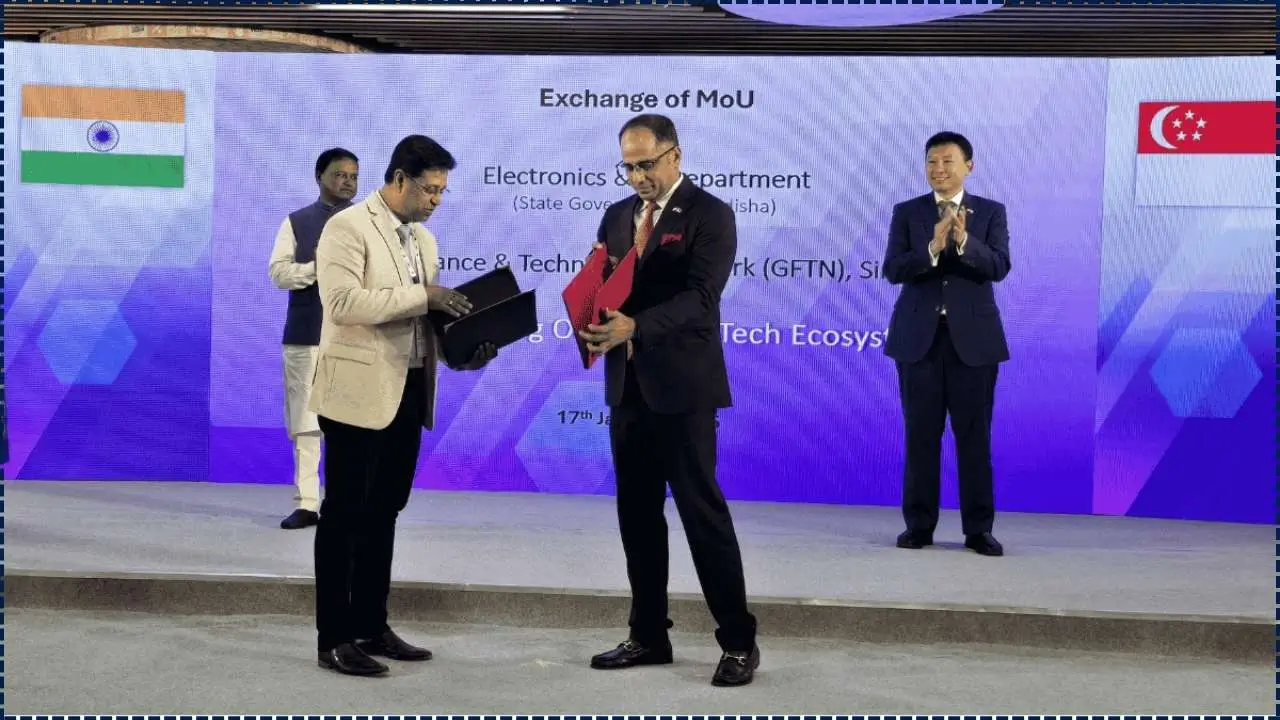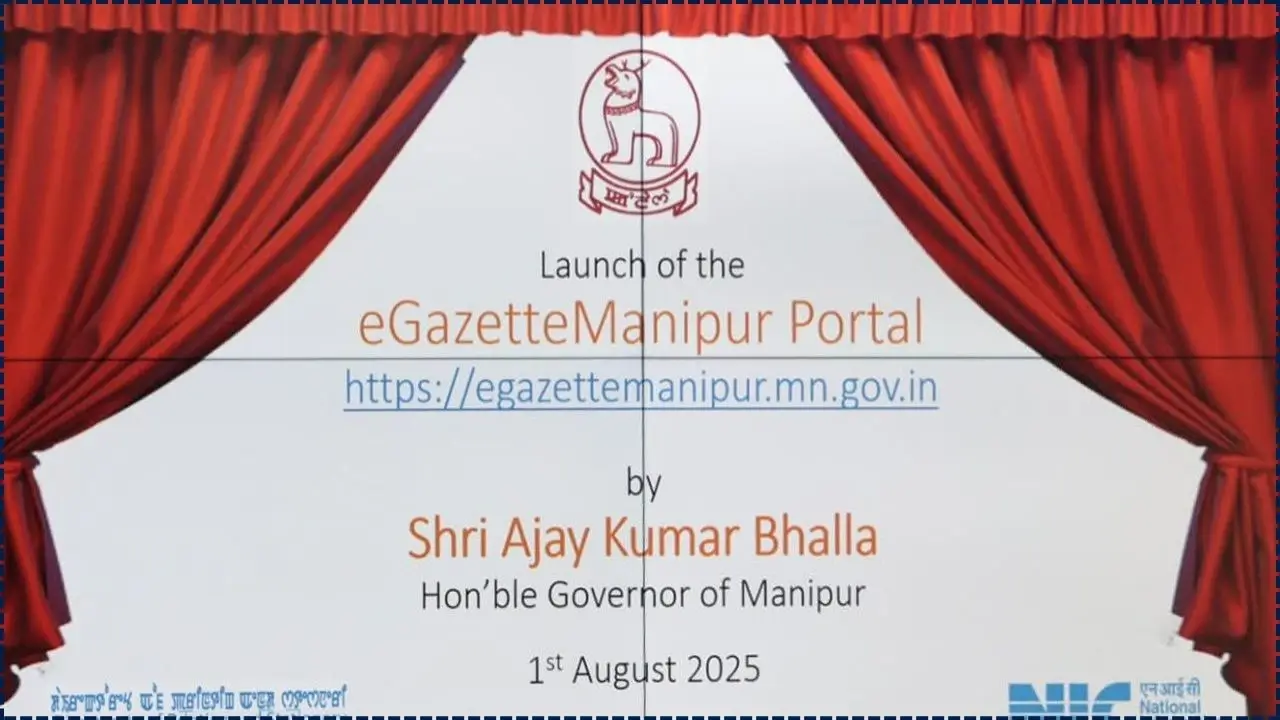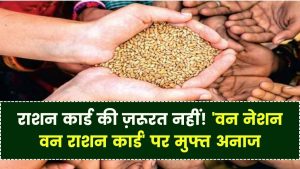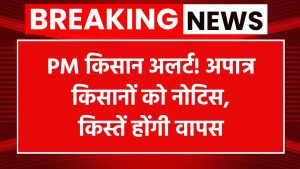India’s modernized passport issuance system, powered by digital platforms, mobile verification, and innovative e-passports, reflects a heartfelt commitment to empowering citizens with greater access to global opportunities while fostering dignity and inclusion for all.
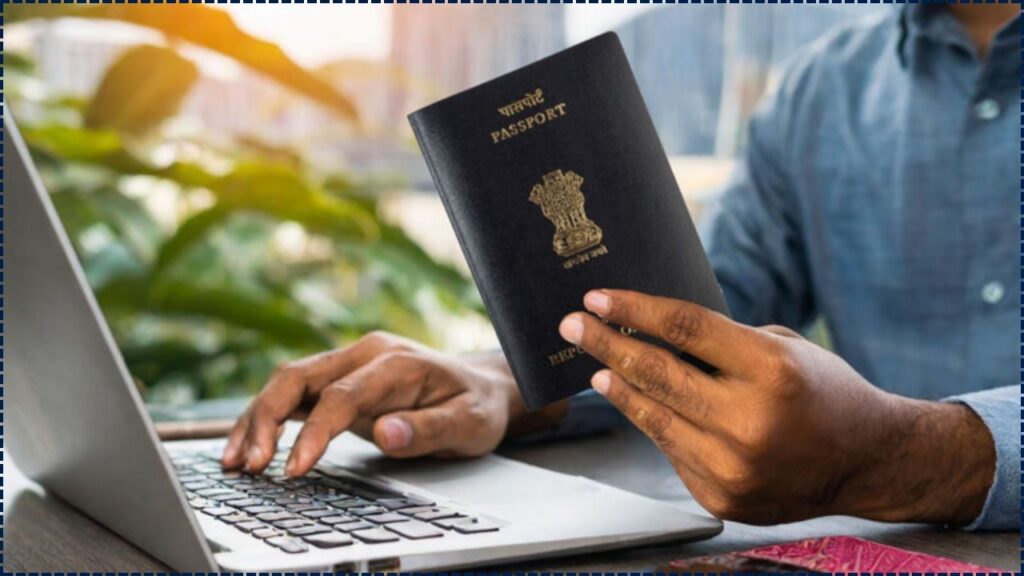
By streamlining processes to ensure faster delivery, enhanced transparency, and wider reach, these reforms aim to uplift individuals and families across the nation, particularly those in underserved communities, enabling them to connect with the world.
Though stringent documentation and verification uphold security, the government’s efforts unite citizens, authorities, and technology in a shared mission to create an equitable, accessible system that supports every Indian’s aspirations and strengthens trust in a compassionate, forward-looking governance framework.
Applying for a new passport in India has become a more structured and transparent process through the government’s Passport Seva Portal and the recent rollout of Passport Seva 2.0. From online registration to biometric verification, the system has been designed to make access easier, reduce delays, and enhance security for citizens.
Table of Contents
The Passport Seva Framework
Legal Basis and Administrative Oversight
India issues passports under the Passports Act, 1967, overseen by the Ministry of External Affairs (MEA) through the Consular, Passport, and Visa (CPV) Division. Applicants interact primarily with the Passport Seva Programme (PSP), a digital interface enabling applications, appointment scheduling, and status tracking.
Passport Seva 2.0
Launched in 2025, Passport Seva 2.0 introduces e-passports with embedded chips, expanded service centres, and faster police verification through mobile apps. These reforms aim to reduce waiting times, strengthen document security, and broaden service access across urban and rural India.
Guide to Application
Registration and Form Submission
Applicants must first register on the Passport Seva Portal. Two submission options exist:
- Complete the online form directly, or
- Download an e-form, generate an XML file, and upload it.
After this, applicants pay fees online, schedule an appointment at the nearest Passport Seva Kendra (PSK) or Post Office Passport Seva Kendra (POPSK), and receive an Application Reference Number (ARN) for tracking.
Required Documentation
The documents required depend on the applicant’s category. In most cases, applicants must submit:
- Proof of Date of Birth (birth certificate, matriculation certificate, etc.)
- Proof of Address (ration card, Aadhaar, voter ID, etc.)
- Proof of Nationality (Aadhaar card or PAN card as supporting evidence)
Special categories—such as minors, government employees, or Tatkaal applicants—must provide additional paperwork.
Appointment and Biometric Verification
At the PSK/POPSK, applicants present documents, undergo biometric capture, and verify details. For most first-time applicants, police verification is mandatory. The MEA has introduced the mPassport Police App, which has reduced average verification time to five to seven days.
Passport Issue and E-Passports
Once verification is cleared, the passport is printed and dispatched. The new e-passport includes a chip storing biometric details, compliant with global travel standards. Initially launched in select cities, these will expand nationwide in 2025.
Related Links
Local Government Bodies: A List of Municipal and Local Governance Websites Across India
Integrated Government Online Directory: A State-by-state List of Important State Government Websites
Fees and Categories
- 36-page Ordinary Passport (Adult): ₹1,500
- 60-page Ordinary Passport (Adult): ₹2,000
- Minors (5 years validity): ₹1,000
- Tatkaal service surcharge: ₹2,000
Other categories, including diplomatic and official passports, follow a different fee structure.
Accessibility and Support
India’s expansion of passport access through Post Office Passport Seva Kendras, alongside traditional PSKs, reflects a deep commitment to ensuring that every citizen, regardless of location or circumstance, can pursue their aspirations with dignity and ease.
By enabling application tracking via the ARN on the online portal and providing service centres, helplines, and comprehensive FAQs, the government strives to eliminate confusion and make the process transparent and inclusive, particularly for underserved communities.
These efforts unite authorities and citizens in a shared mission to foster empowerment and trust, creating a compassionate, accessible system that supports every individual’s journey toward global opportunities and a brighter future.
How to Use DigiLocker to Access and Manage your Official Documents

